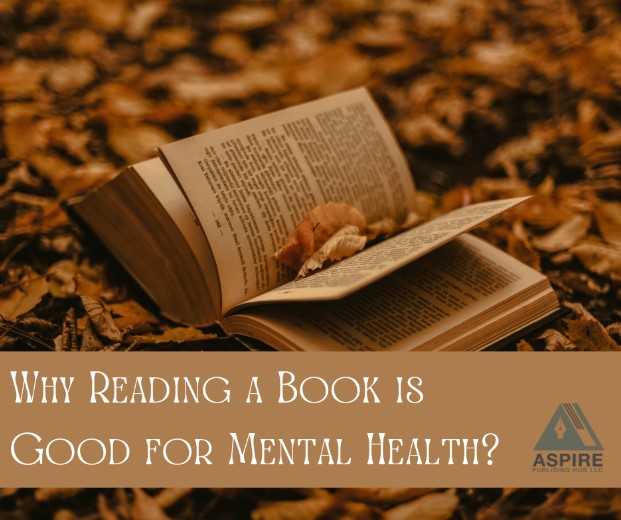Nonfiction is a great way to learn about different topics and be your own editor, too. It’s also a huge opportunity for writers who want to get published, but it can be very hard work. That said, if you feel like writing nonfiction, go for it!
Writing nonfiction is a huge opportunity.
Writing nonfiction is a huge opportunity. You can write about anything, and you’ll learn as you go along. It’s also an opportunity to be your own editor, which means that if you have any doubts about whether or not something makes sense or is interesting enough to be published on paper (or online), then there are no limits on how many times you can edit yourself until it feels right.
Writing nonfiction offers great freedom: You don’t have to worry about what other people think about the way things should look or sound; instead, all that matters is what works for YOU!
Nonfiction writing can be very hard work.
The first thing you should know about nonfiction writing is that it’s a lot of work. It takes a lot of time, effort and research to get your story written down in a way that makes sense to readers.
One of the great things about nonfiction writing is that there are no rules for how much or how little information you should include in your book; however long or short it may be. You can write as much or as little as you want! If you want more details than what I’ve presented here (or even none at all!), then feel free to do so!
It’s hard to get published in nonfiction.
If you’re looking for a way to get published, it’s probably not as easy as it sounds. The process of getting your manuscript into the hands of an editor and publisher can be long and tedious, requiring much time and effort.
This isn’t always the case—there are plenty of people who get published without making any effort at all (that’s why they’re called “amateur” authors). But in general, if you want to write nonfiction books or articles that will sell well enough so that someone might actually read them rather than just throw out on their desk or recycle bin next week then there are certain things you should know before starting out:
You have to be willing to embrace criticism and feedback.
If you’re a writer, it’s important that you’re willing to accept criticism and feedback. You need to be able to take what others are saying about your writing and make changes accordingly. If someone tells you that something doesn’t work, then do whatever it takes for them not just understand why it doesn’t work but also how they can fix this problem in their own writing skills so they won’t have those same issues again when trying something new later down the road!
If you’re interested in writing nonfiction, it can be a great way to learn about different topics. And if you’re looking for feedback on your writing, there are plenty of places where people will be happy to offer it:
- your local library (many libraries have classes and workshops)
- a writing group (contact one near you!)
- your professors at school or college (if they teach creative writing courses)
Nonfiction is a great way to learn about different topics and be your own editor, too.
Nonfiction allows you to explore the world around you by writing about it in your own words. It’s also a good way for writers who aren’t sure what they want to write yet or those who don’t have enough experience under their belt yet to try something new.
This type of writing lets you express yourself on paper without worrying about whether or not it sounds like something that would fit into the publishing industry.
Writing nonfiction is a great way to learn about different topics, but it’s also challenging. It requires time, effort, and dedication. However, if you have the right mindset and are willing to take criticism and feedback as well as offer them yourself, then nonfiction is an excellent choice for you.



